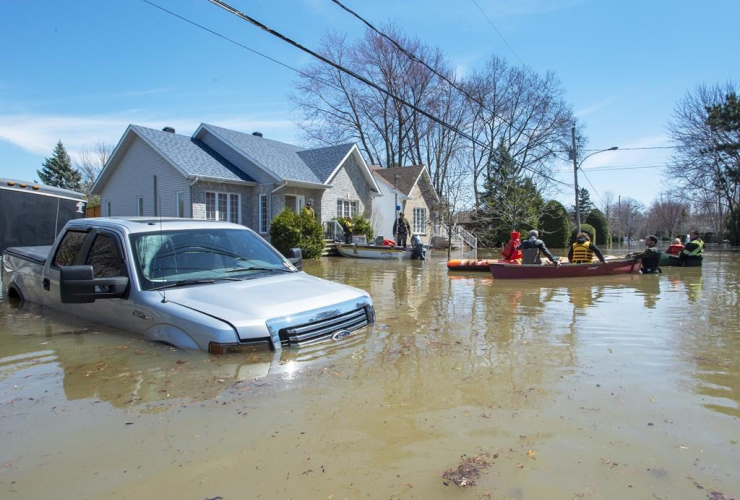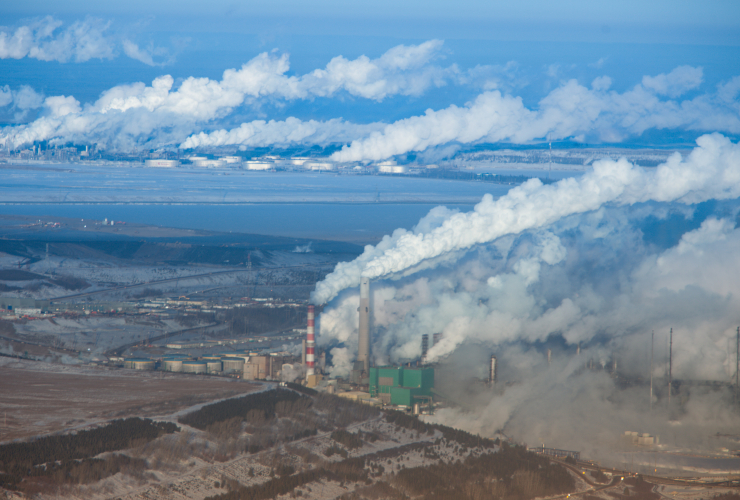Let's get our story right
We could curb every greenhouse gas emission in the world tomorrow but we would still have a global water crisis, writes Maude Barlow. She suggests it's wrong to blame climate change alone for the flooding in Eastern Canada.



















